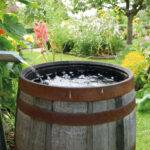Home & Garden
TOP STORIES
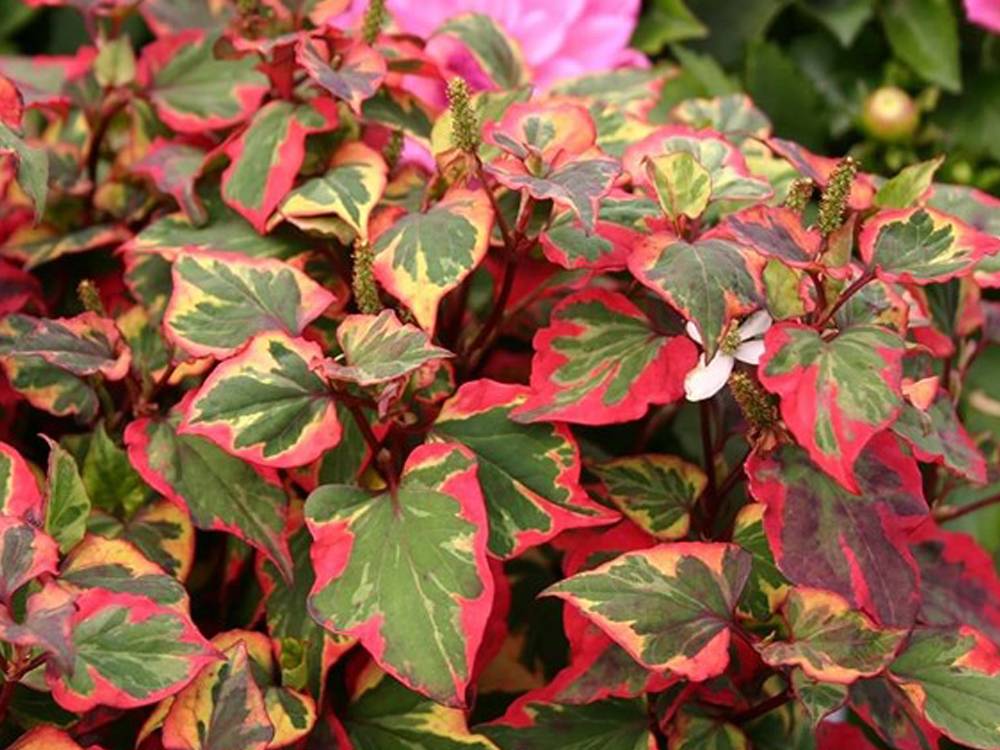
Garden Invaders
There are many plants that can inadvertently take over our gardens, particularly weeds, but there are some beautiful plants on sale that you can wonder why you ever planted. These are my own experiences and everyone will have a different gripe, says R&A gardener Cathie Welch
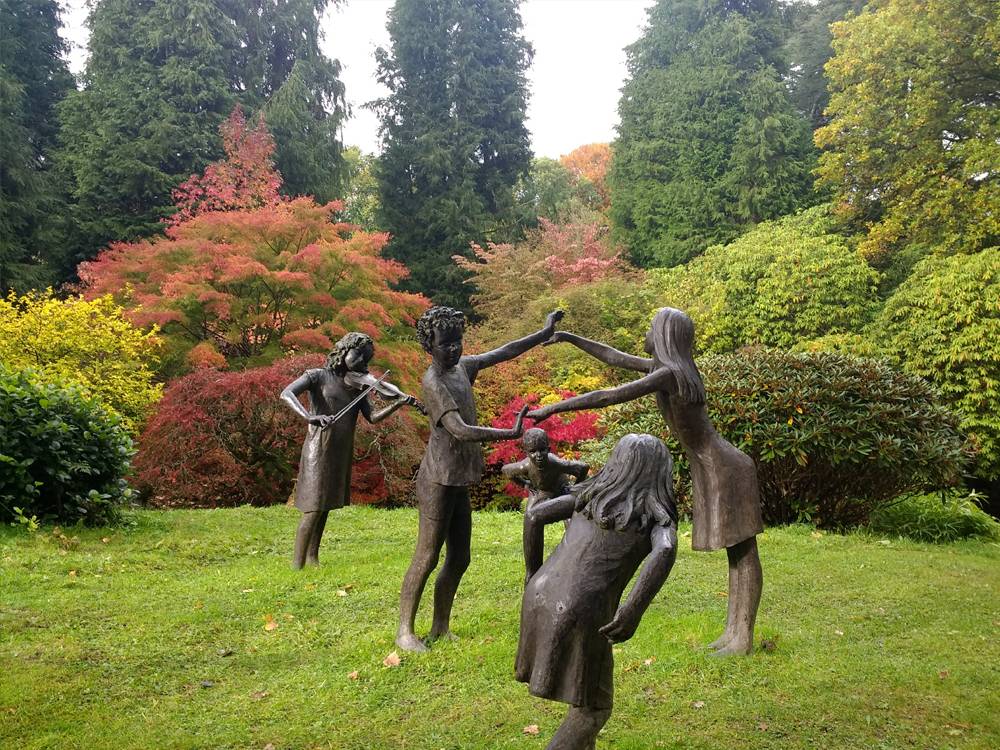
Autumn unfolds at Ramster Garden
Whether you are looking for foresting bathing or a seasonal walk visit Ramster Garden. Rosie Glaister from Ramster Hall, shares her top five things not to miss that capture the dazzling beauty of autumn colour.

Upcycling inspiration close to home
Liz Nicholls finds furniture upcycling inspiration & sources close to home here in Bucks.

Create and Grow with Squire’s
Have fun taking part in Create and Grow activities with your young ones at Squires Garden Centres this Summer!
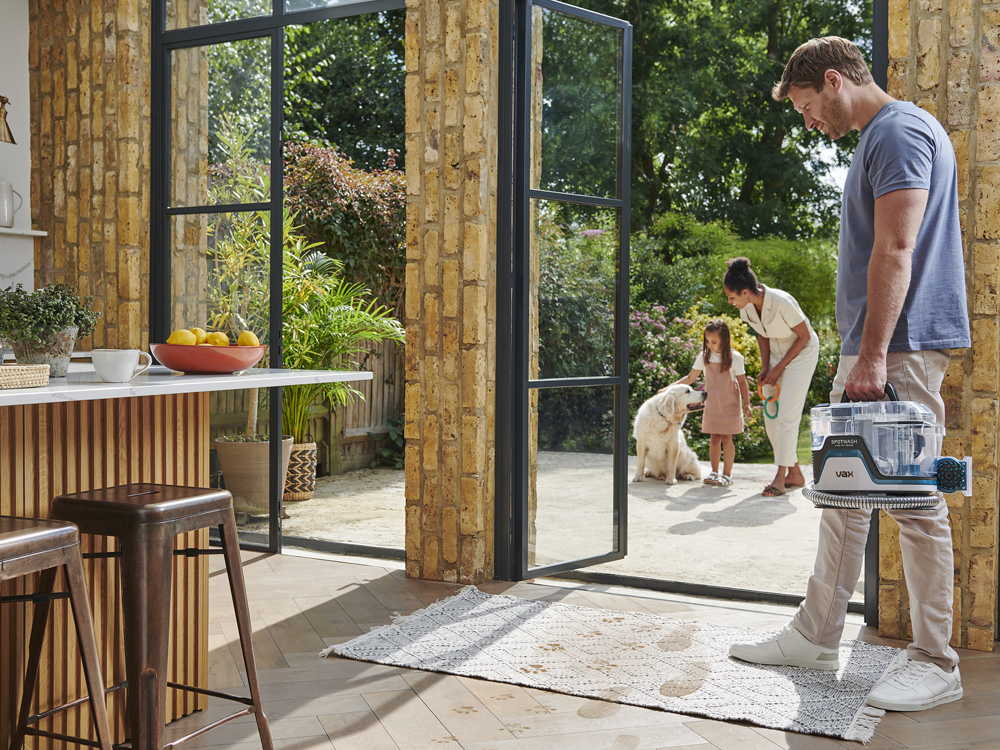
Clean up pet pongs with Vax
Liz Nicholls reviews the new VAXSpotWash Home Pet-Design which will make your carpets, rugs and upholstery shiny and new.
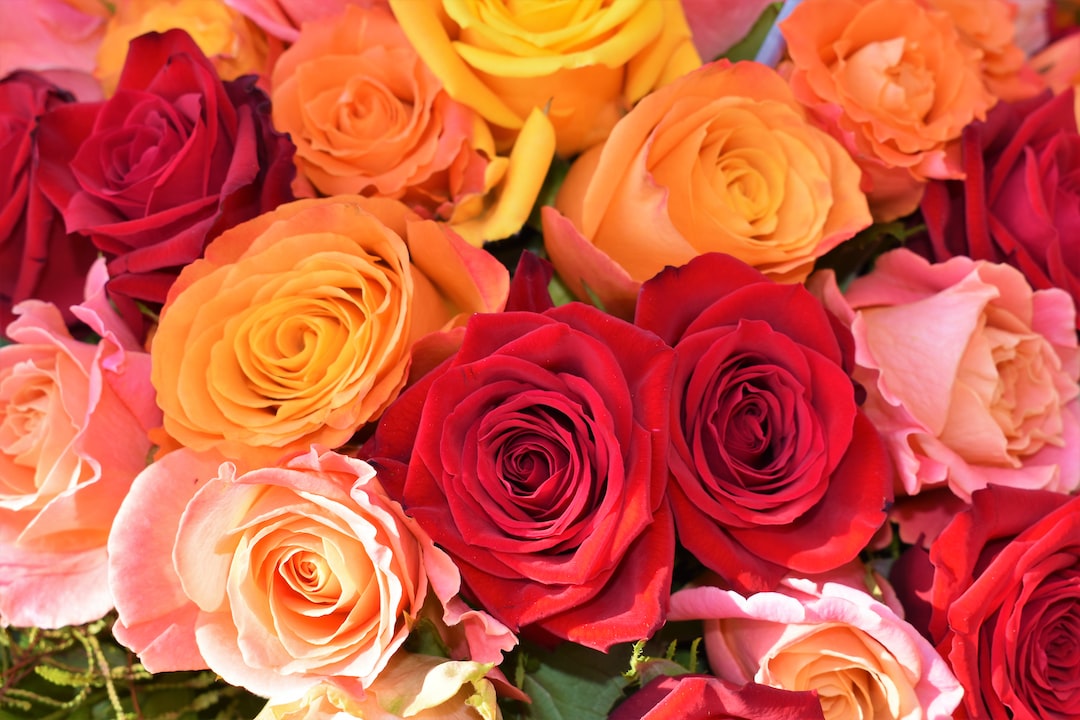
Roses galore in our gardens
Tips and advice to help your roses whatever the weather.
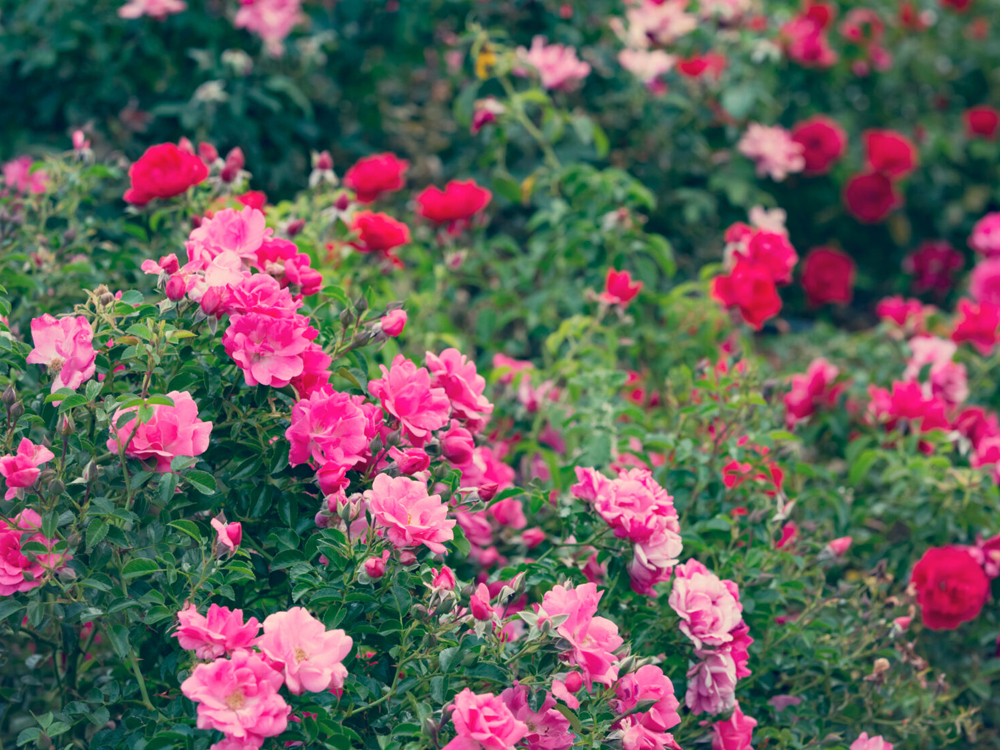
A rose by any other name
Rose Awareness Week celebrates the beauty and variety of the world’s most popular flower.
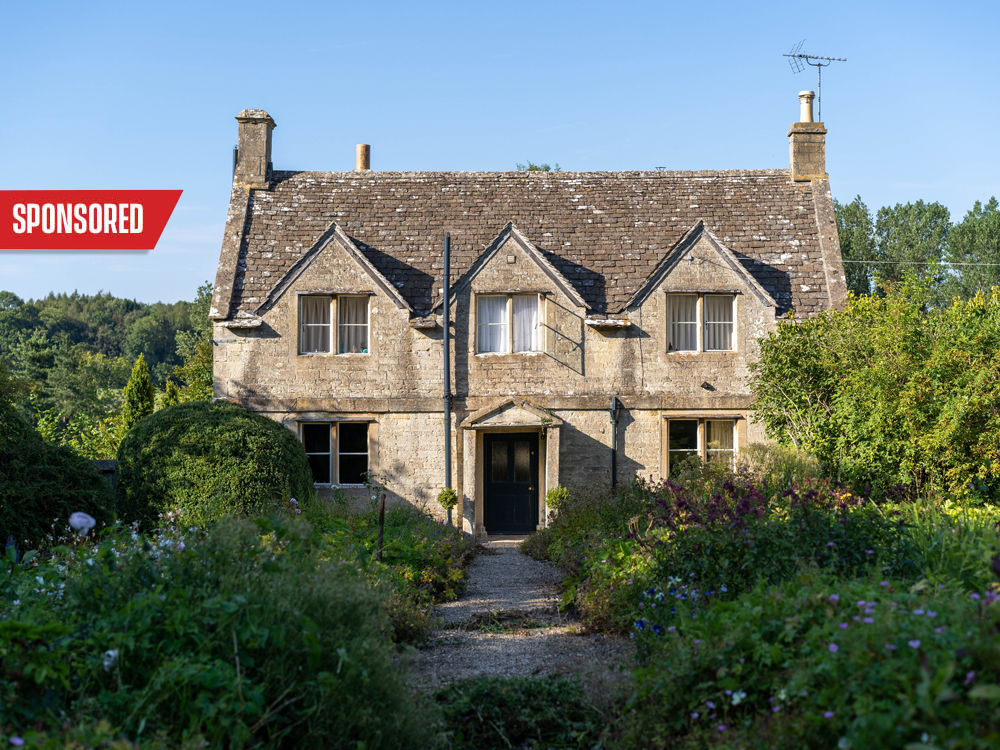
Escape to Serenity
A useful guide to renovating your dream countryside home.
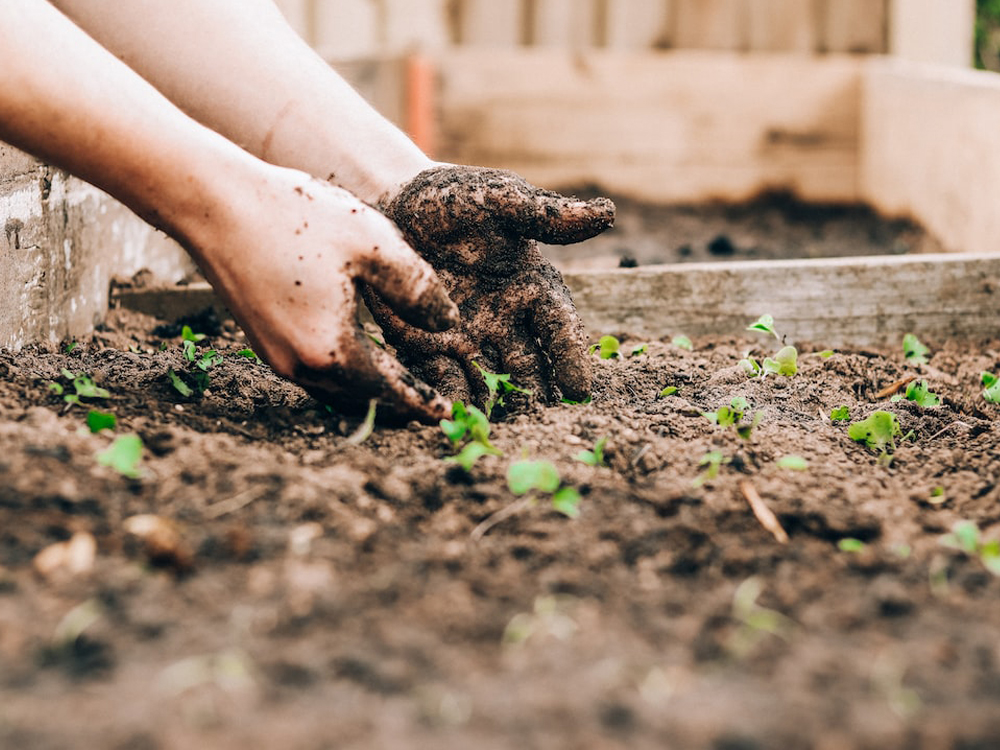
May flowers are springing up
At last spring is in the air and summer is coming. We should be mindful of climate issues but not let it put us off gardening forever.
No posts found
No posts found
No posts found
No posts found

ABOUT US
Over the Years

2025
Round & About now have 31 editions reaching over 620,000 homes each month
22 employees, and over 600 businesses advertising each month
2019
The team won gold for Commercial Team of the Year and Regional Media Brand of the Year
at the British Media Awards 2019
2016
Round & About held
the first of two SO
Food Festivals
in Wallingford in September



